#mrs andersen
Photo
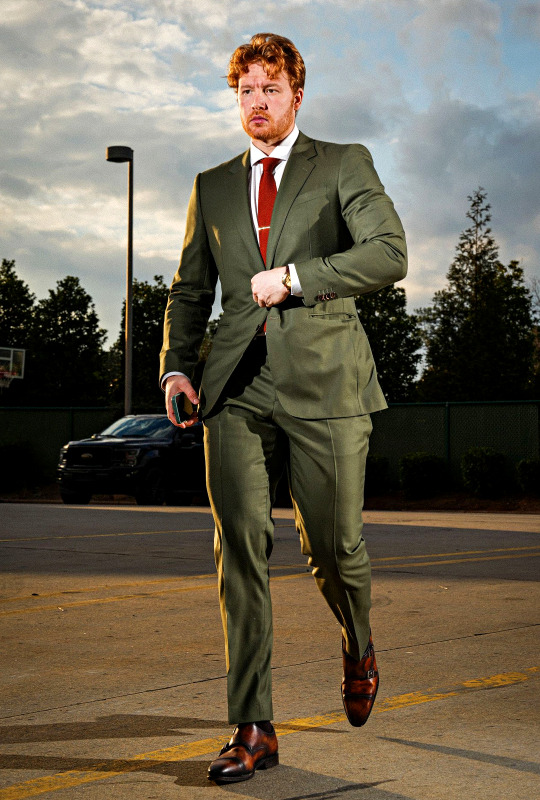
MIN @ CAR | January 19, 2023
© Josh Lavallee
115 notes
·
View notes
Text
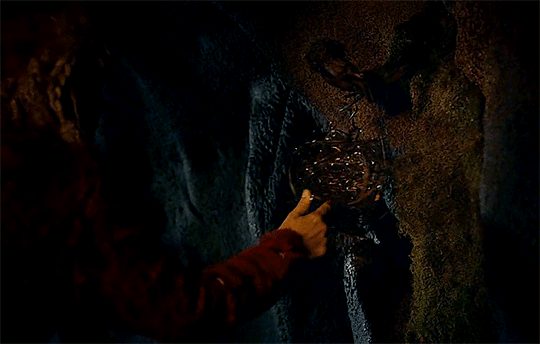
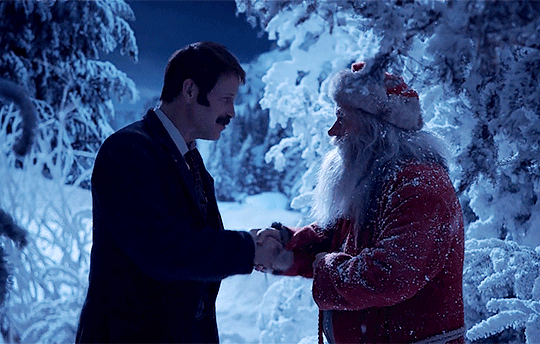
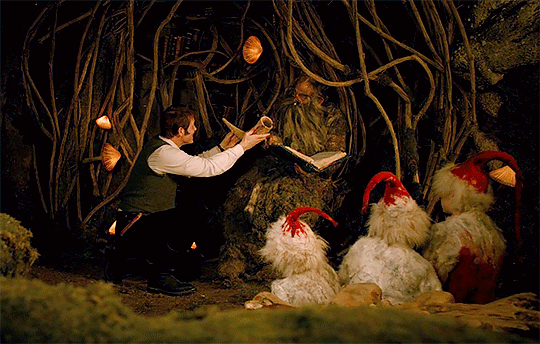
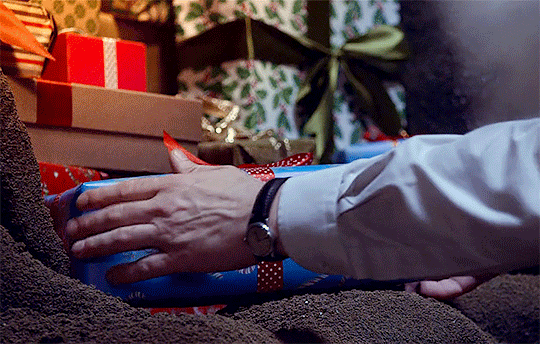
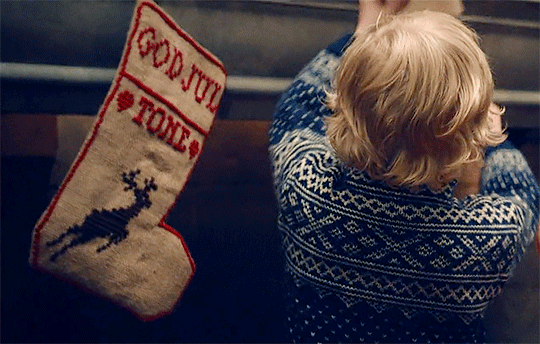
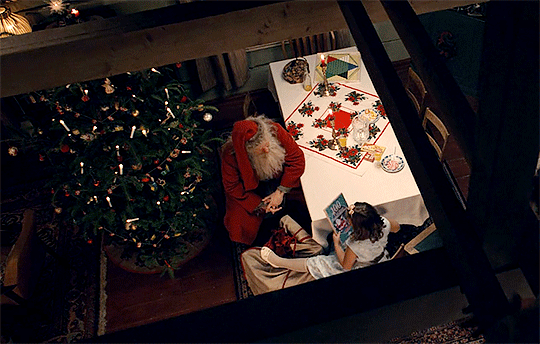
december in movies
[28/31]: snekker andersen og julenissen | santa swap: merry christmas mr. andersen (2016) dir. terje rangnes
"Maybe you have a wish for Christmas, too?"
#filmedit#filmgifs#movieedit#moviegifs#mediaedit#filmtvcentral#cinemapix#fyeahmovies#doyouevenfilm#filmtvedit#Santa Swap: Merry Christmas Mr. Andersen#dim*#mine*#movies*#mygifs#this is SO LATE OMG! but I was out all day and when I got home I was SO tired and had a crazy headache#UGH!#but it IS the 28th still! so yay!#(kind of in love with this set not gonna lie)#(in terms of gifs this might be my favorite so far... because I love almost all of them)
12 notes
·
View notes
Text
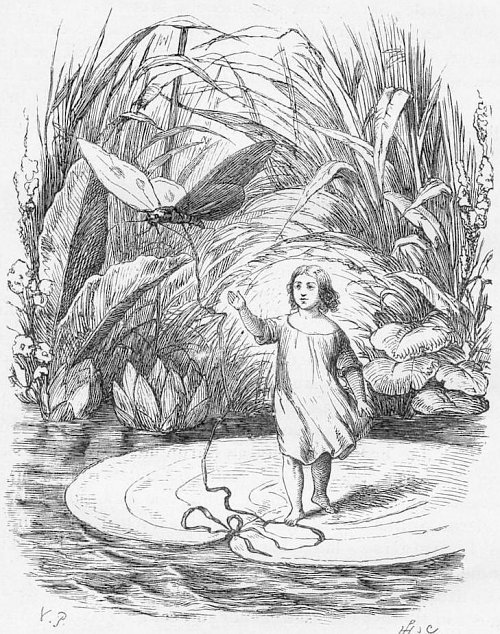
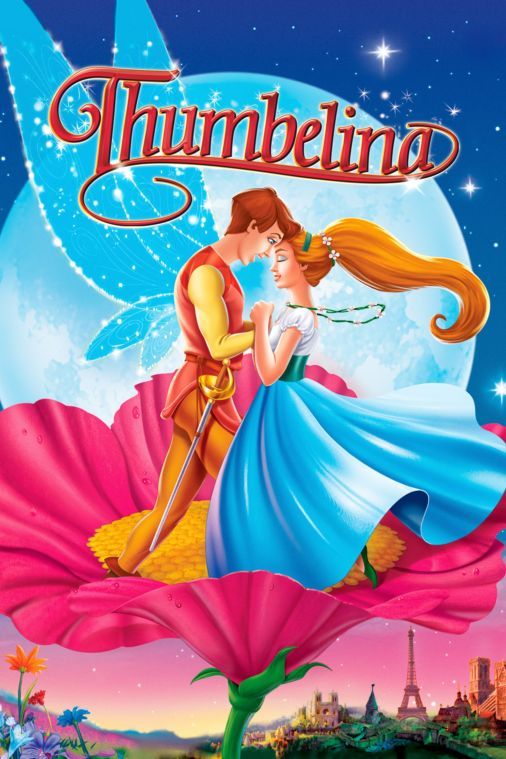
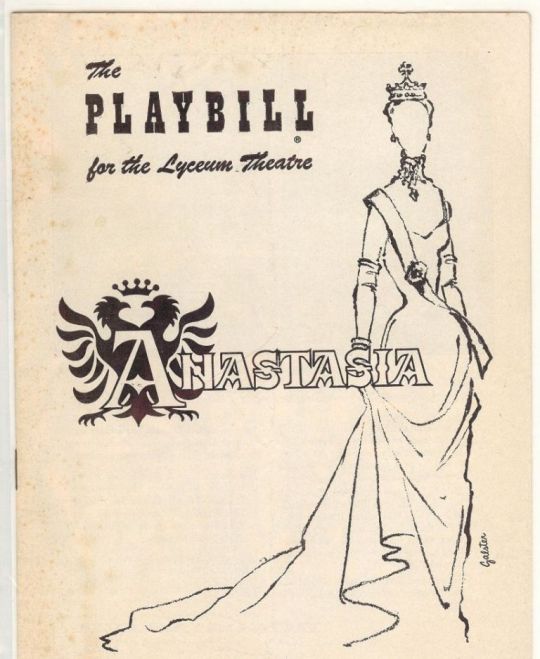
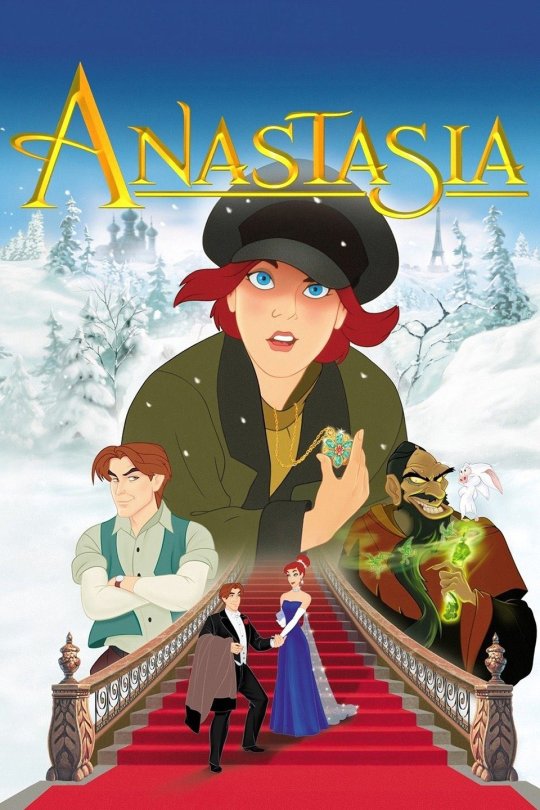
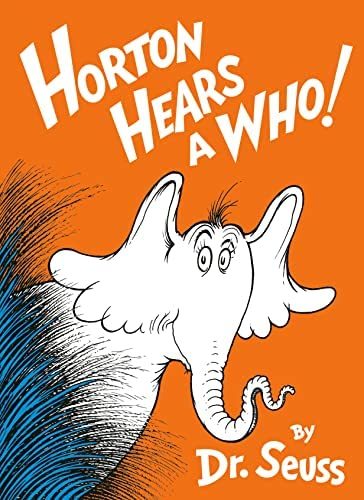
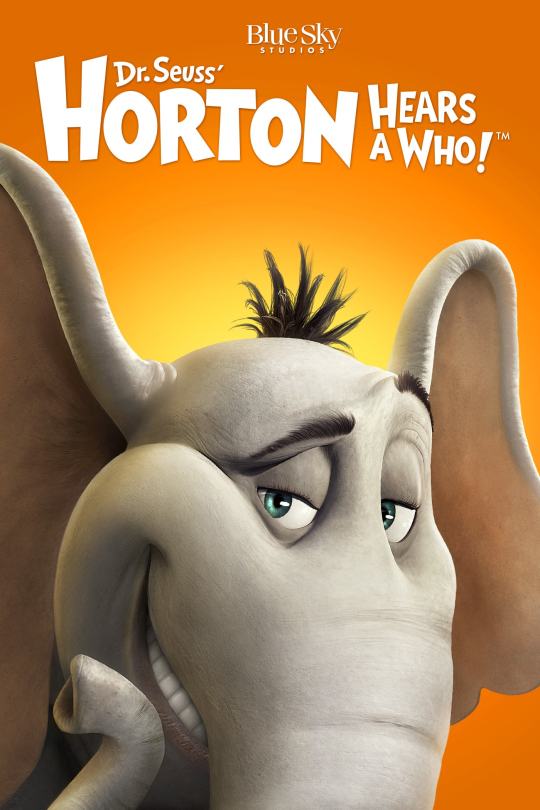




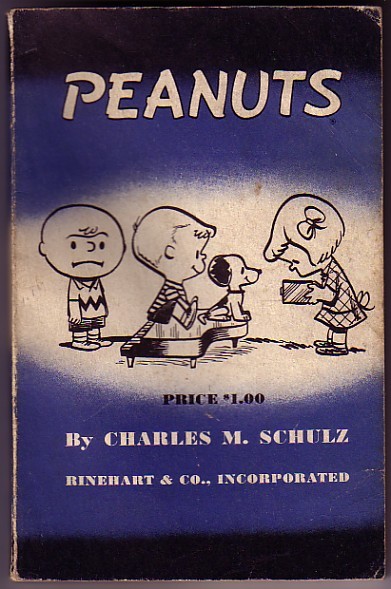
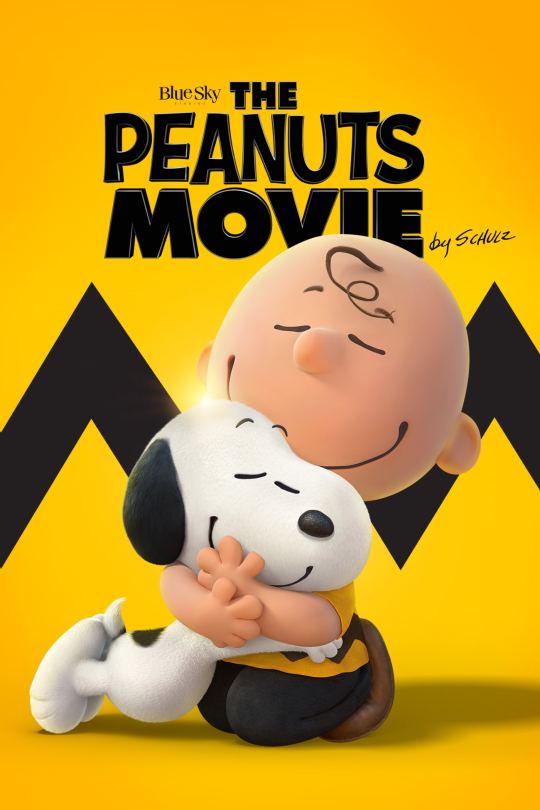
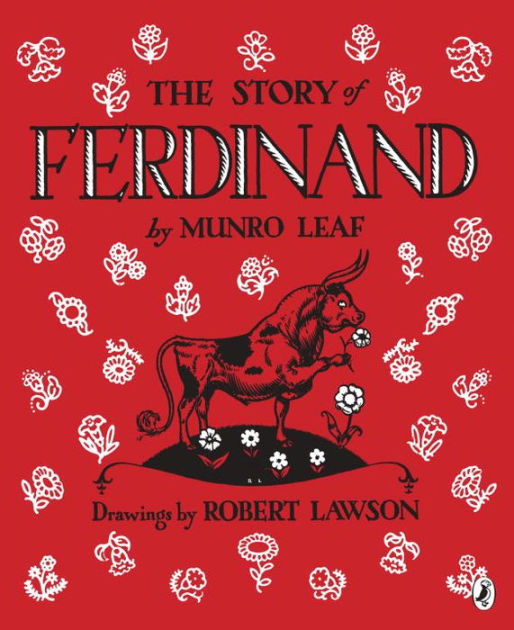
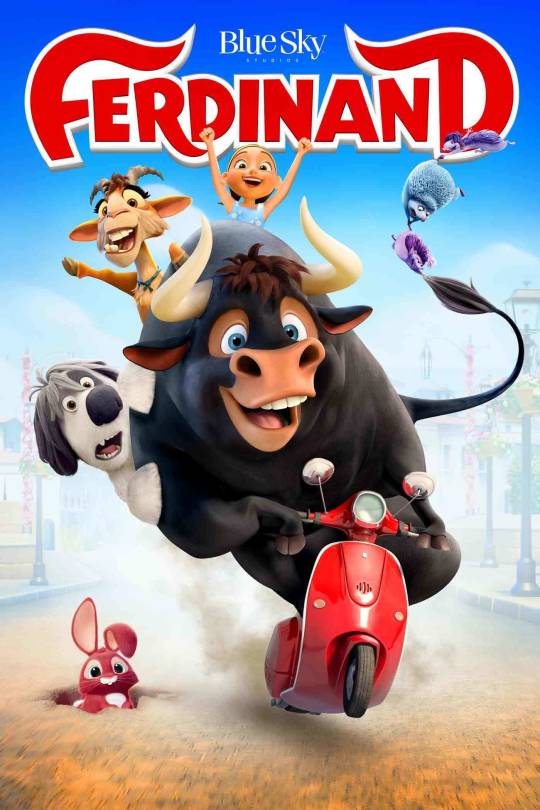
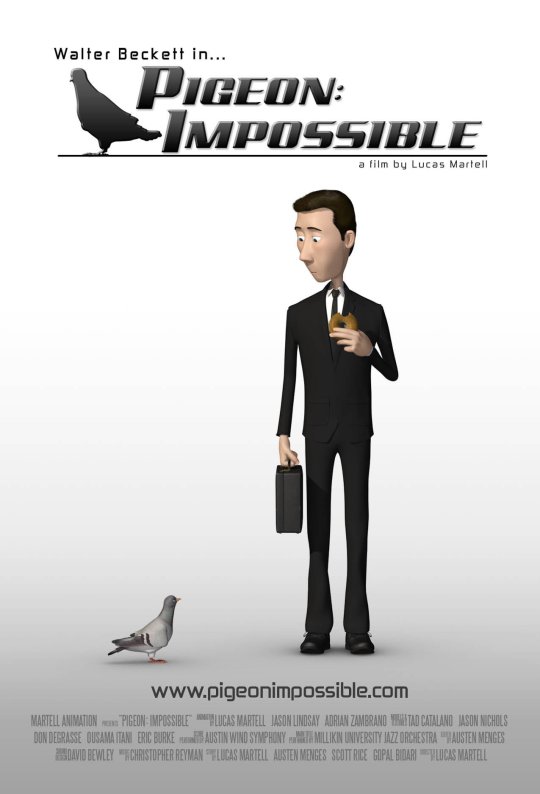
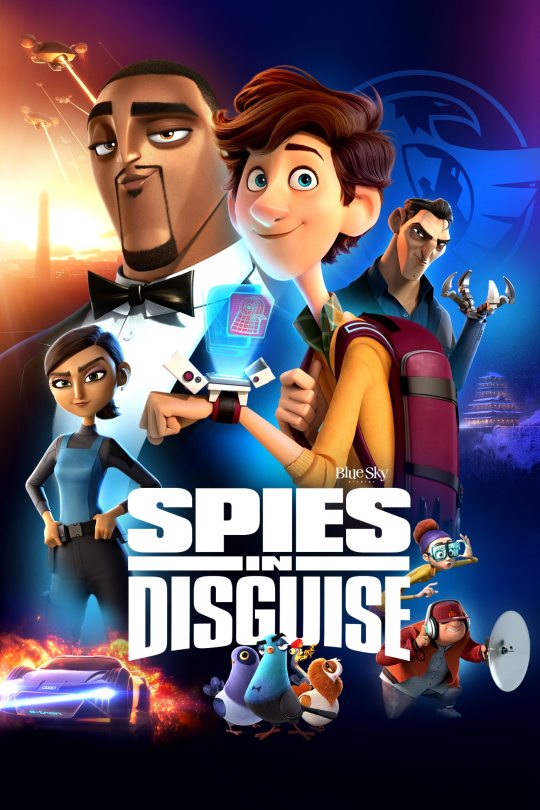

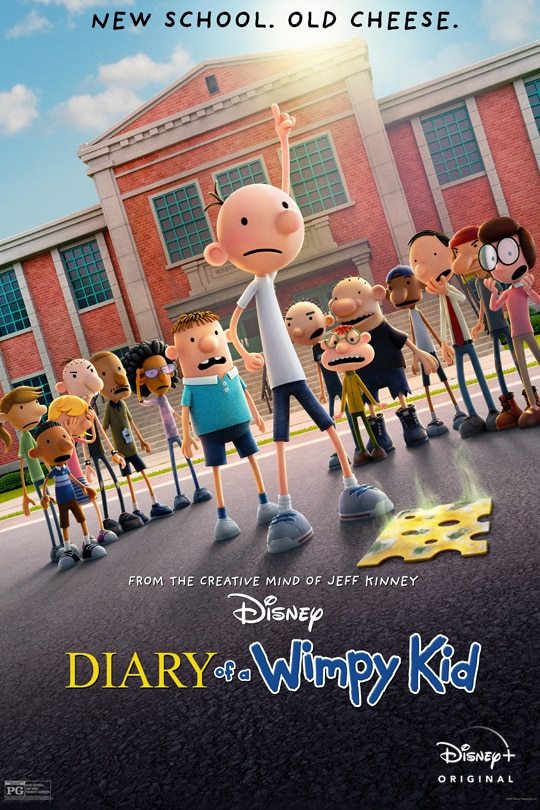
#disney#20th century fox#thumbelina#hans christian andersen#anastasia#marcelle maurette#horton hears a who#dr. seuss#fantastic mr. fox#roald dahl#epic#william joyce#the peanuts movie#charles schulz#spies in disguise#lucas martell#diary of a wimpy kid#jeff kinney
91 notes
·
View notes
Text
youtube
Le Roi et l'Oiseau (The King and the Mockingbird) by Paul Grimault.
The first animated surrealist film.
An animator's animated film. The King and the Mockingbird was at the forefront of animation as an art. Influenced Hayao Miyazaki and Isao Takahata.
#Le Roi et l'Oiseau#The King and the Mockingbird#Paul Grimault#The King and Mister Bird#La Bergère et le Ramoneur#The Shepherdess and the Chimney Sweep#The Curious Adventures of Mr. Wonderbird#Hans Christian Andersen#Hayao Miyazaki#Isao Takahata#Jacques Prévert#Fumito Ueda
3 notes
·
View notes
Note
You still have any thirst for mr. Frederik A? ;)
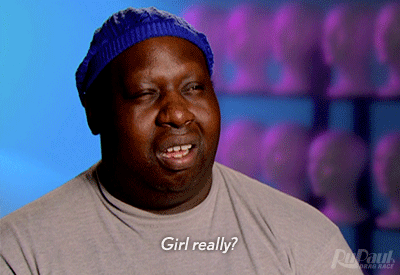
I will always thirst over Mr. Andersen
5 notes
·
View notes
Text
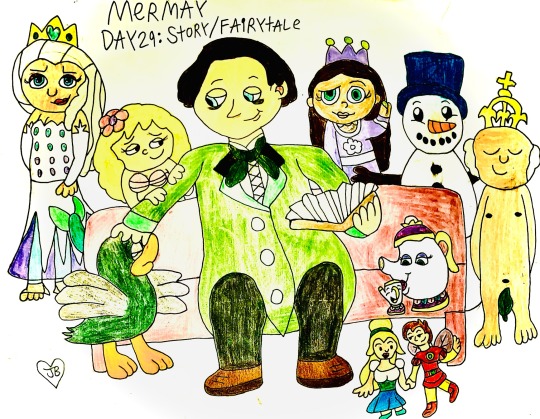
MerMay
Day 29: Story/Fairytale

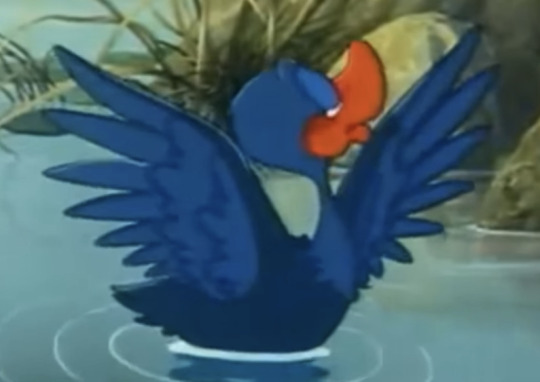




#fanart#redraw#mermay 2023#day 29#hans christian andersen#the ugly duckling#the little mermaid#the princess and the pea#the emperor’s new groove#the emperor’s new suit#the emperor’s new clothes#the snowman#the snow queen#elsa frozen 2#super why#thumbelina#don bluth#the teapot 🫖#mrs potts#beauty and the beast chip
6 notes
·
View notes
Photo



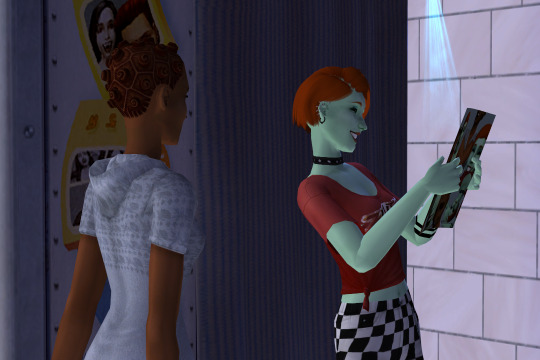
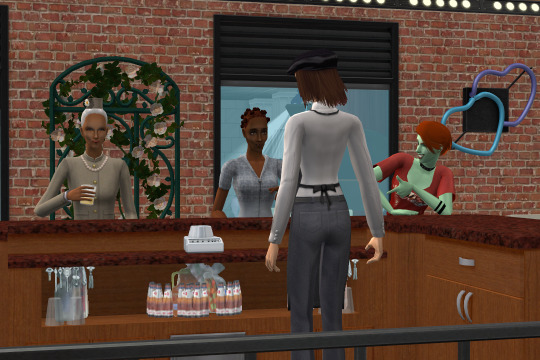
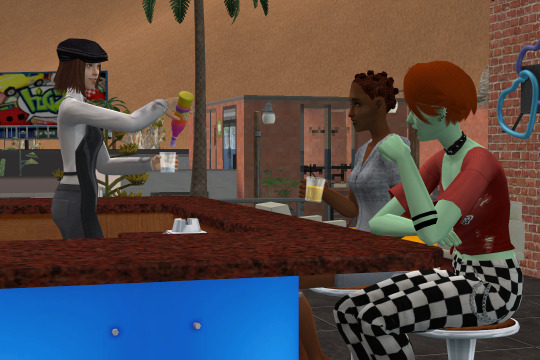

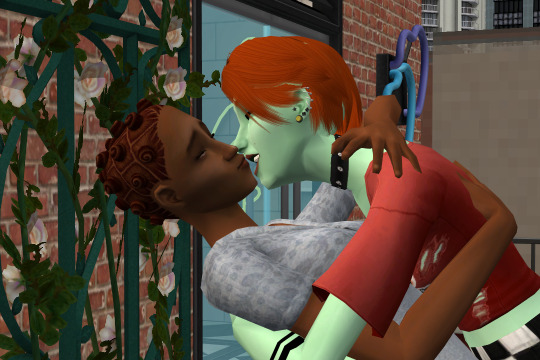
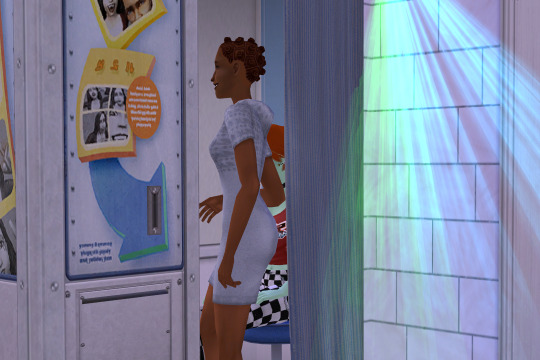
Monique: “Back into the photo booth.”
Chloe: “No pictures this time... Unless you’re into that...”
#chloe curious#Monique Andersen#mrs crumplebottom#singles household#nowhere county hood#nowhere county round 1#sims 2
18 notes
·
View notes
Text
um soooo little more detail on fairy tale au:
(first of all if it does get off the ground it will be a long time coming bc i am never not shifting from idea to idea like a spinning top.)
not many things are set in stone but the most impt bit of the premise is that this hinges on 2099 being reality. or the setting for the baseline sim, wherein everyone is well aware of where they are. if only bc it makes it easier to hand-wave the ‘outside’ of the fantasy.
just for an example of the fairy tale … assignments, might be the best word: main one i can’t shake atm is eyk as the steadfast tin soldier. like. man of devotion to a fault, sent on a long journey on the water, hope for a happy end goes up in flames w his beloved … i gotta. i gotta.
also elliot is in some way behind the sim going wrong. bc his parents are separating, and he’s not taking it well. but he takes to the tech they build so well, and what if he tweaks the sim? just a bit? generate some danger that might force his parents to work together, remind them why they got married in the first place.
it is imperative that the boy has a hand in this bc it lends itself well to the emerging conflict seeming ripped from a storybook, premise of the sim notwithstanding. but ofc there’s other shit going on in the bg that contribute to the changing tone. bc ofc the puzzle is bigger than it seems.
#1899#mayspeak ;#this got away from me a bit but. should’ve expected it tbh#if it’s not clear the tin soldier + elliot hcs are the entire reason i can’t let this concept go 🥲#incidentally brainstorming has me realizing i have an apparent bias for mr hans christian andersen
3 notes
·
View notes
Text
Just remembering the time in my high school Public Speaking class when we had to give a 4-6 minute speech and mine was 18 MINUTES LONG!!!! 😭
#I was mortified#still wondering why Mrs Andersen didn’t cut me off#it’s amazing how much I’ll say if nobody shuts me up 🤔#definitely the most I’ve spoken at one time in all my 20 years of life
0 notes
Text
OFMD 2 SPOILERS -
Because i am very autistic(tm) about both Hans Christian Andersen and OFMD 2 I need people to understand how much the ending of episode 3 means to me.
The Little Mermaid is a classic fairytale, a fantasy, but a tragedy. The mermaid doesn't get loved in return and instead kills herself. The story is also an allegory for homosexuality/queerness and the unrequited love it comes with as Hans himself was queer and in love unrequitedly.
When Ed tries to kill himself by throwing himself to the sea, just like the little mermaid, believing he is unloveable, in his last moments hears the love of his life, another man, begging for him and appears to him as a mermaid.
ARE WE CONNECTING THE SAME DOTS HERE???
He is reborn into a world with the man he loves with the vision of a mermaid, and the acceptance of love and hope.
I'm gonna go cry again now. Mr. Jenkins i am canonically in your WALLS.
#ofmd#blackbeard#edward teach#ofmd 2#ed teach#our flag means death#our flag means death season 2#ed x stede#ofmd 2 spoilers#ofmd spoilers#our flag means death season 2 spoilers#our flag means death spoilers#ofmd season 2#ofmd season 2 spoilers#if i missed a spoiler tag let me know i dont want to ruin the experience for anyone#stede ofmd#edward x stede#stede bonnet#going absolutely insane#tw: suidice#tw: sui attempt
845 notes
·
View notes
Note
Gym rat Jason Todd, he started going to a pilates class cause he thinks the instructor is hot
OKAY... Just imagine Jason like this
And tell me, about this brick wall, along with ladies doing pilates. I promise you it would be something super funny and cute.
"My boy, you are huge! What have you been eating?" A old lady asks Jason as he stretches along with everyone in the room and you laugh. Jason can feel his heart warm.
"Uh- difficult answer, Mrs. Andersen." Jason gave a shy smile
"How old are you, Jason?" You asked casually as you changed the stretching position for everyone to follow you.
"22." Jason says in a simple way.
"Just 22??" Mrs. Andersen speaks too loudly and everyone in the room laughs "What a shame, you're old enough to be my grandson."
Jason laughs and so do you. That naughty old lady was flirting with Jason, but that wasn't his interest there.
266 notes
·
View notes
Photo

Mrs. Sigrid Ring by a stone baluster - Lauritz Andersen Ring, 1912.
Danish, 1854-1933
Oil on canvas, 31 x 26.5 cm.
943 notes
·
View notes
Text
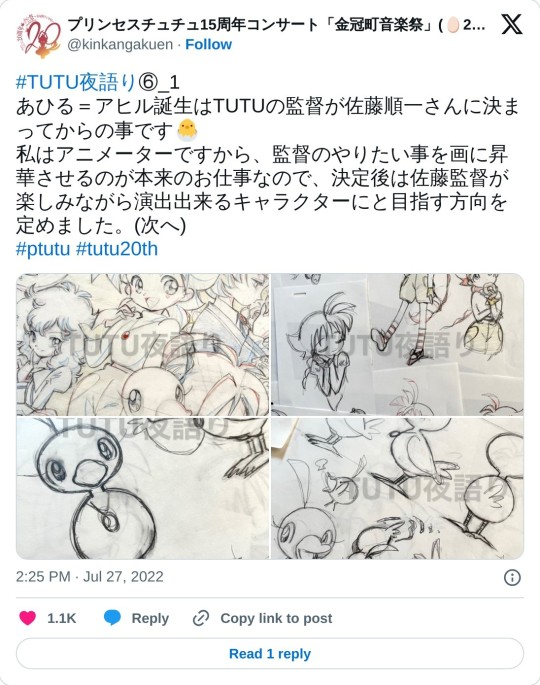
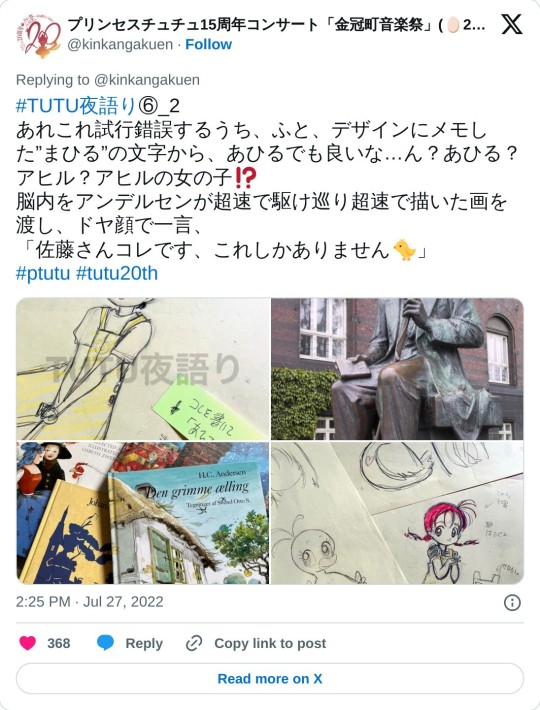
The duck/Ahiru was born after the director of TUTU, Junichi Sato, was chosen. I am an animator, so my job is to sublimate what the director wants to do into the picture, so after the decision was made, I set the direction I wanted to take with the character so that Director Sato could enjoy directing it. (Next)
After much trial and error, I suddenly realized that the name "Mahiru" (まひる) that I had written down in the design could also be "Ahiru" (あひる) …hmm? Ahiru? Duck? Duck-girl⁉️
Andersen's stories raced through my brain at super-speed, and I handed him the picture I had drawn at super-speed, and with a smug look on my face, I said, "Here it is, Mr. Sato,
"Here it is, Mr. Sato, this is all I have.
82 notes
·
View notes
Text
Mermaids and Mr Freud...
What do you think when you hear the word “mermaid”? Chances are, you’ll imagine a beautiful girl with a sparkling fish tail, naked breasts, flowing hair, gazing into a mirror: a scene straight out of early 20th-century Golden Age illustrators Arthur Rackham and Edmund Dulac. Or perhaps you see Ariel, Disney’s 1989 cartoon version of Hans Christian Andersen’s The Little Mermaid, with her cherry-red hair and purple shell bikini. That romanticized – and Disneyfied – picture of a mermaid seems fated to endure with this year’s live-action The Little Mermaid film (though the casting of Halle Bailey in the title role has prompted as much racist backlash as it has celebration. The mermaid of Andersen’s 1837 fairytale was white, say the purists.)
But Andersen himself drew on a far older, stranger, and more subversive folklore to write his story. His tale of a mermaid who, falling in love with a human prince, is forced to sacrifice her tail and her voice in order to become human, was deeply influenced by Undine, the 1811 novella by Friedrich de la Motte Fouqué, which in turn was inspired by the 16th-century occultist Paracelsus, who coined the word “undine” to describe an elemental water spirit who can only gain a soul by marrying a human. And mermaid legends, like so many other fairytales, have been shared in many parts of the world for millennia.
One of the earliest mermaid stories dates back to sometime around 1000 BC. In Assyrian mythology, the goddess Atargatis, who was venerated for thousands of years all over the Middle East, attains a half-fish, half-human form after throwing herself into a lake. The Yoruba spirit, Yemoja, who is represented as a mermaid, appears under other names as an ocean and river mother goddess – Yemaja, Yemanjá, Yemoyá, Yemayá – across half the world. Mami Wata – a water deity sometimes known as La Sirène - revered in Haiti and many parts of Africa, often appears as a mermaid, with a mirror that allows the passage from one plane of reality to another. And so it goes, from the ningyo of Japanese folklore to the sjókonar of Norse sagas. It is one of the most powerful archetypes in our shared dreaming.
Nor were mermaids always understood to be mythological. Throughout the Middle Ages and beyond, European bestiaries and illuminated manuscripts portrayed mermaids as real creatures. On several occasions fishermen have claimed to have caught them in their nets. Early explorers reported mermaid sightings – although it is more likely that they were dolphins, seals or manatees, mistaken for mermaids by sailors expecting to encounter exotic beasts on their journey. Since then, humans have stubbornly continued to look for proof that mermaids are real (so far, without success).
What does the mermaid mean? Why is the half-fish half-woman such a potent, enduring legend? At the heart of these stories is the question of women’s power. Fairy tales and folklore have played an important role in challenging societal roles and giving people opportunities to discuss difficult or taboo subjects through the safety of metaphor – in this case, through the image of a woman whose irresistible sexual power over men is balanced by her own inability to function sexually or to reproduce. And in the days when pregnancy and childbirth often proved fatal, that might not have been such a bad thing. The mermaid cannot be raped, or forced to give birth. Not being human, she is not bound by the conventions of human society or the laws of the Church. She enjoys both the freedom and the sensuality of her element without any of the attendant dangers or discomforts.
In folklore, the mermaid has independence, and can exercise sexual power over men, which makes her ultimately dangerous, unnatural: a monster. Perhaps this is why so many ancient myths and medieval bestiaries depict mermaids as untrustworthy, deceitful creatures, leading sailors to their doom. Their bodies are all sexual promise, but no sexual reward; and their voices are so enchanting as to drive men to madness. Unable to fulfil what some believe to be a woman’s biological destiny, they are often portrayed as soulless. Because a woman who uses without being used, who seduces without being seduced, who moves through water and air – whereas men are doomed to drown if they venture into the mermaid’s world – is a challenge to God, to the patriarchy, and to order itself.
In The Little Mermaid, Andersen tamed this older, more radical tradition. The moralism of his tale serves the dual purpose of mastering the mermaid – of making her fall victim to a human’s charms, rather than the more traditional way around – and taking away her power. The mermaid, made helpless by love of her prince, gives up her native element and the autonomy that comes with it, and exchanges it – via a witch’s spell – for a pair of feet, though walking causes her terrible pain. She also relinquishes the power of speech, which means that she is incapable of expressing her love in any way but the physical. And if her prince falls in love with someone else, then the mermaid is doomed to die on the instant, and to forfeit the soul for which she has sacrificed everything. Her entire being – her very existence – becomes dependent on the love and approval of her prince. Her independence, her challenge to the patriarchal status quo is gone. Though the ending of Andersen’s tale is – to a certain degree – redemptive (the mermaid, refusing to take the life of her prince in order to save her own life, is borne aloft by spirits of air and promised an eternal soul), it seems very cruel, especially as the heroine is only fifteen years old. A contemporary reader might well see in Andersen’s telling a warning to an emerging women’s movement – women’s power has often been seen as fragile, unnatural, and at the mercy of emotion.
Unlike the tragedy of Andersen’s mermaid and prince (and of Fouqué’s Undine), the 1989 Disney film rewards Ariel and Eric with a happily-ever-after ending. And it tells their story in a cheery, colourful palette (a stark contrast to Kay Nielsen’s original dark, eerie concept drawings for the film), which while being pleasingly child-friendly, also reduces the mermaid’s essential alienness, and minimizes her sacrifice, thereby making her tale into little more than a love story with a little added jeopardy.
But Disney also perpetuated other tropes. It is meaningful that the sea witch who provides the mermaid with the spell fits the older-woman archetype well represented in fairy tales: embittered by age, envious of the little mermaid’s youth and beauty. She is the one who demands the mermaid’s voice as payment for her services: a potent image of an older generation, silencing the voices of youth. (In Andersen’s telling, she too is the one who demands that the mermaid’s sisters cut off their hair in order to save their sibling.) The older woman is filled with rage and contempt for the younger woman; taking pleasure in their humiliation and the loss of their power. And as the tentacled Ursula in the Disney version, she is especially monstrous.
Over the centuries, fairy stories have always been reinvented to serve the needs of the changing times. And people have often fretted about this. (In 1853, Charles Dickens criticised the trend for rewriting fairytales to fit didactic, contemporary concerns.) But perhaps that the meaning of the mermaid has drifted further and further away from its origins in ancient folklore should not be cause for too much concern. Today, the mermaid has become the symbol of the trans community, whose members often feel the generational divide especially keenly. And there are endlessly imaginative ways to retell the tradition. (In 2008’s Ponyo, Hayao Miyazaki spins his tale of a goldfish who longs to be human into a charming meditation on childhood.)
Like the ever-evolving traditions of fairytales, magic, too, is transformative. In stories, magic acts as a metaphor for the change we seek to effect in our lives, in ourselves, in the world around us. Perhaps that is why fairy tales resonate so deeply with us. Why else would we cling to them, retell them in so many ways? They teach us not that magic exists, but that change is possible. They teach us not that dragons exist, but that monsters can be overcome. And they teach us to hope, in the face of a world that seems to be getting harsher and more confusing by the day, that sometimes love can save us, and that, even in the face of the cruellest kind of tyranny, we can still keep control of our fate, and hope for a happy ending –not just a Disney wedding, but something perhaps more satisfying. In films like Moana - or more recently Ruby Gillman, Teenage Kraken – the love story is with the sea; a story of claiming, rather than giving up power. Mermaids – in all their aspects – are still working their magic on us. And now, perhaps more than ever, it’s time to listen to their song.
79 notes
·
View notes
Text
The next chapter of my Chenford Baseball Tim story is posted. Here’s a little preview.
When Lucy left the locker room on Sunday morning, Captain Andersen called her into her office.
“Good morning, Captain. How can I help you?”
“First, I was happy to see you on the tabloid sites this morning,” she said with a smile.
Lucy furrowed her brow and opened her mouth to speak, but Captain Andersen put up her hand to indicate that she wasn’t done speaking yet.
“Not that I think that’s good journalism or that your privacy should be invaded like that,” she clarified. “But I’m a bit of a romantic at heart, and I had a good feeling about you and Bradford from the moment I saw you two together. Even with the fuzzy photos that were taken, it’s obvious that you were happy to be with him last night.”
“Yes, ma’am,” Lucy said, her cheeks suddenly a fiery red. She was unsure if it was the right time to discuss personal matters like this, so she just said, “I am happy, ma’am. Thank you,” with a small smile. She thought for a moment and then asked, “You look at the tabloids, Captain?”
Captain Andersen laughed. “Not usually. But the LAPD’s tech force keeps tabs on all the sources of news that they can. Usually they’re looking for criminal activity, but the posts about you and Mr. Bradford were a nice bonus. I got an email this morning with all the links.”
“Oh. That makes more sense,” Lucy said nodding her head.
“Well,” she started and then paused. She shuffled some papers around on her desk and then looked up at Lucy. “That’s not exactly why I called you in. I have an assignment for you today, if you’re up for it. It’s not exactly undercover work, and it’s not exactly an internal affairs investigation, but it’s a little bit of both.”
Lucy was intrigued. She tried to quickly put the other conversation behind her and smiled at the captain. “Nice hook. I’m totally in. What’s going on?” She leaned her arms on her duty belt and focused on the captain.
“Close the door and take a seat,” she said, waving toward the door and walking around to the front of her desk.
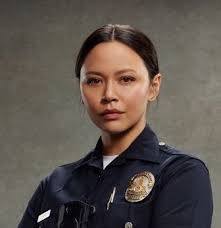
#chenford#fanfic#lucy chen#tim bradford#the rookie#tim bradford x lucy chen#chenford fanfic#fanfiction
29 notes
·
View notes
Text
Kiss
BBC Sherlock x reader
Word count:- 538
30 days writing challenge

"you're pinching my cheeks for a long time now, I'm not even chubby" I said making sure he understands that sometimes it's annoying when he just comes and pinches my cheeks. Well, annoying in a cute way.
"you don't have to be chubby darling you're round face is just so irresistible." He said, he wasn't actually looking at me, he was texting lestrade and with the other hand he was pinching my cheeks.
"Rosie is looking at us" The six year old always enjoys when Sherlock irritates me like this.
"yes, I know" still, so engulfed into the case, so engulfed into telling lestrade, 'your theory is wrong, I'm here to help just let me'.
'fine' came the reply and the tension of the detective was released. He turned to me finally, leaving my cheeks alone.
"congratulations on getting a new case" I said smiling, even though the smile didn't convinced him, he stared at me for sometimes then answered,
"what have you done again" I knew it was impossible to hide the amount of overthinking I did for an hour.
"I may have" I had to confess "done exactly what you told me not to".
"and that is..." he wanted to know the full history.
"I googled you" the biggest mistake of my life, to Google him, never google a famous person if he's your boyfriend, "and I found some misleading articles."
"so?" he asked, "if you know they're misleading then why are you bothered, you know the media just adds spices".
"they said shit about you, about us, it almost felt like they are trying to break us apart."
"and if those lies scares you, then they won" It scared me, them winning, the thought scared me.
"don't say that" I hushed him "I just... you know me, I felt like, if they were right then?"
"oh gosh" I was irritating him ain't I? "you see me all the time and you believe the people who sees me either running around the city or accompanying Scotland yard's press conference?"
Well, I see so much logic there.
"it hurts, you won't understand, Mr logic."
"I do" he said cupping my face, "I understand those lies hurt you, but they can say whatever they want, they don't see how I pinch your cheeks, how you embrace me, how I kiss you, how we make lo..."
"Rosie " I reminded him there's a child present.
"Rosie can you get your colours" it was his excuse and the six year old obeyed.
"what's your plan?" I asked smiling.
"this" saying so he kissed me, and it felt reassuring, that nothing has changed, and pulled away before Rosie came. We sat smiling at her being excited to finally fill her drawing with colors, especially when her Godfather gives her orders she's more willing to do that than ever.
"go and call John, he's been at the scene with Andersen for hours now, wonder how is he tolerating him." I chuckled at him.
"yes I am calling him, and listen" he said getting up, "don't let someone who doesn't know me, doesn't know you, us... manipulate us again".
"I'll try" I replied.
"good" he kissed my forehead and booped Rosie's nose, then he went to the living room calling John as his voice was heard screaming again, "you got only this much in two hours? I can guarantee you there was..." and so on.
44 notes
·
View notes